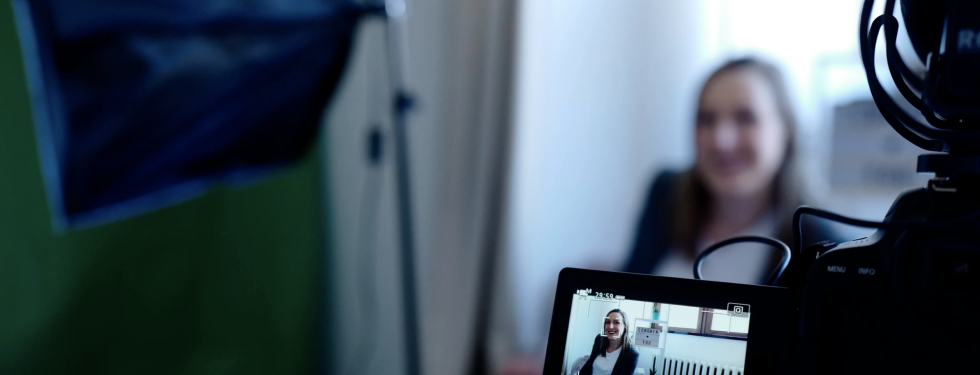Research Labs

The Department of Historical, Geographical and Ancient Sciences manages two laboratories:
MobiLab (Digital Laboratory for Mobility Research)
The Digital Laboratory for Mobility Research (MobiLab) aims at addressing the need to manage large quantities of data connected with mobilities and to provide digital support to qualitative research. The lab is also interested in reflecting upon the challenging epistemological issues that digital research in the humanities involves.
The lab, equipped with state-of-the-art technology and staffed by digital humanities experts, will develop new methodologies, research tools, empirical digital projects and innovative teaching and dissemination. The aim is to use IT in the humanities not only as a mere tool, but to advance the understanding of mobility phenomena and the concept of mobility itself within the humanities. In particular, the MobiLab is active in the areas of:
- Research support. The MobiLab is in charge of hardware and software resources to be used by the DiSSGeA staff and visiting scholars to support their research activities. The MobiLab staff provides assistance and consulting at every stage of the research process, from its inception to the dissemination of the results.
- Innovative teaching. Students and PhD candidates at DiSSGeA are guided through specific training on digital methodologies and have free access to a great variety of digital tools available at MobiLab.
- Digital Open Science. The laboratory organises lessons, laboratories and workshops for students and for the general public in order to raise awareness about mobility phenomena and their study merging diachronic and spatial perspectives.
- Data storing and management. The laboratory is responsible for a relational database that will be common to all the different researchers and nodes that make up the project and will make the results available to researchers and students.
- Spatial visualisation. Thanks to a newly refurbished GIS room and the renowned DiSSGeA expertise in cartographic knowledge, the MobiLab is the site for both developing and discussing creative ways to conduct research and visualise their results in the humanities.
- Networking and international relations. The lab and its staff contribute to setting up an international network of exchange of good practices and knowledge around digital humanities, with a specific focus on their impact in mobility research.
Oral History Laboratory
In 2002 the then Padua University History faculty set up an oral history workshop fitted out with all the equipment required to make audio-visual interviews and software for the purposes of managing, enhancing and conserving the sources acquired. The idea of the research group working in the oral history workshop is to continue the work of collecting, using and archiving oral sources for socio-economic studies in the Veneto region and beyond. The projects follow multiple research currents: labour history; medium and small scale business studies; trade union history; peasantry analysis and the the study of the transition from fully rural to industrialised societies; landscape transformation and analysis of the community perception of it; social and cultural history; retracing historic trades and lost economies; themes linked to population migration. The common denominator is the collection of a series of direct witness accounts using the free interview technique (life histories) in interviews guided by a list of questions formulated in a specific order. The working group's programme also involves the creation of a socio-economic territory archive which is equipped with the appropriate resources and spaces to encompass similar documentary material from other production centres.




